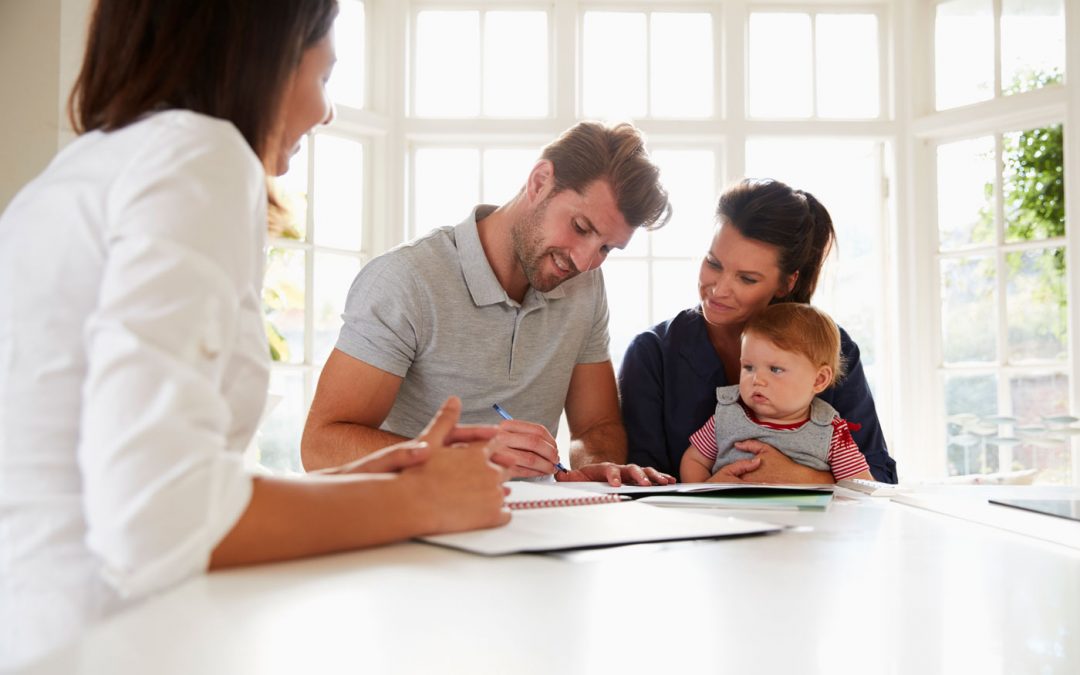As Queensland property prices remain high, building on a block of land a little out of town is fast becoming a very appealing option for first-time buyers. And, with the first homeowners grant available to those building new structures, constructing your own home has the potential to cut years off of your mortgage.
But, if you don’t know what to look for, you could wind up with a dud allotment that declines in value, is prohibitively expensive to build on, or is hard to sell later down the track.
In this blog, we outline basic questions to ask when you’re researching a land purchase.
1. What is the surrounding zoning/planning situation?
A common mistake inexperienced land buyers make is checking the zoning classification and future planning for their own lot, but neglecting to look at what is in store for neighbouring properties.
Zoning classifications affect whether land can be used for residential, commercial or industrial purposes, and government planning schemes outline upcoming developments in an area.
To make sure apartments won’t suddenly spring up next door or that you won’t end up with noise or air pollution from a factory setting up shop across the road, check the local, regional and state plans for the area around the parcel of land you’re considering.
Or, better yet, have your conveyancing solicitor do the hard yards for you.
2. What is the lay of the land?
If the price of a block of land seems too good to be true, it probably is.
The two most common drawbacks of cheap land are:
Sloping sites: If the land you’re looking at is even slightly sloped, you need to be aware that laying a foundation for a home will cost more. Consult with your builder and architect about the additional expenses building a house designed for a sloping site will incur.
Soil composition: What you build your home on is actually more important than the type of home you build. A rocky piece of land can be expensive to excavate, whereas foundations built on ground that is too soft can shift and cause significant structural damage. If you’re serious about a particular parcel of land, have your conveyancer arrange a geotechnical investigation before you buy.
3. Does the location have potential?
If you’re reading this article, you probably already have a few ideas about the general area where you want to build.
When you’re researching a spot, it pays to consider:
If the surrounding area is geared for future price growth: Indicators of growth include upcoming developments (residential & commercial), distance from transport hubs and the health of local businesses and industry (empty storefronts are a bad sign!).
Flooding & bushfires: Use the Queensland Globe tool to check any Queensland property and its surrounding roads for past flooding issues. To see whether your potential build site is within a “designated bushfire prone area”, contact the local council.
Utilities: Does the land you’re considering have access to town water, or will you need to collect rainwater? What about internet, electricity and gas? Make sure that the lot you choose has the infrastructure your lifestyle requires, or that you have the funds necessary to ensure your home is adequately supplied.
If you’re buying land, it’s essential that you talk to a conveyancing solicitor. They’ll be able to help you with all the research you need to purchase with peace of mind. To get in touch with an experienced, friendly conveyancer, just call Conveyancing Home Queensland on (07) 3236 2852, fill out our short online enquiry form, or head to our website for an obligation-free instant conveyancing quote.

